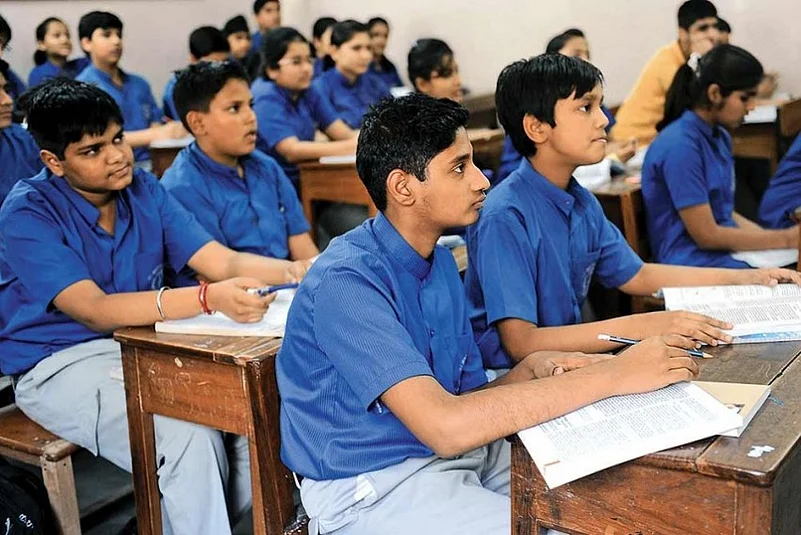The continued unpleasant squabbling between managements of several private schools and parents of students studying at these institutions on the issue of fees payable while the Covid-19 pandemicrages has clearly shown that private educational facilities are not as resilient to economic downturns as may have been thought of before the novel coronavirus entered our lives.
Given this backdrop, the time may have finally come for education authoritiesto subjectprivately-run institutions –schools, colleges, universities, etc. –to a “stress test” for determining their financial resilience.As without the wherewithal to withstand a temporary financial crisis or uncertainty around money receipts for some months at least, mere good intent is unlikely to prove of much help inguaranteeing the medium-to-long term sustainability of such establishments and safeguarding the future of students.
The issue assumes importance since India’s private school segment alone has a combined student population of more than 80 million, which is equivalent to almost a quarter of the total population of the United States.
Embarking on a financial resilience assessment could enable education ministries and relevant regulators at the Centre and states to find out how many private educational institutions can handle shocks to income flows caused by wide-spread disruptions of the kind we are witnessing now. And, thereafter, urge all those not meeting the minimum pass score in such an examination to take corrective steps to ensure that their facilities remain workable.
A financial stress test,moreover, could show up likely vulnerabilities in the operating model of many private schools/colleges/universities, etc. that, till the Covid-19 outbreak, had often got glossed over by managements at these institutions in the belief that parental desire to give their children a “quality education” would take care of any such possible weaknesses. And, also,help authorities identify and weed out non-serious players in the private education sphere.
Further, an analysisfactoring in worst possible scenarios – including one where a facility continues to impart education keeping societal interests in mind while unable to meet its own costs – could aid education regulators in deciding the ideal quantum of an exigency fund that Trusts/Societies running private educational institutions should always maintain for meeting urgent needs. Which, as regulators may discover in the light of developments since March 2020, could be much more than the corpus they currently mandate private facilities to constantly keep in their bank accounts for emergency expenses.
Over the years, India’s private education space has seen several new entrants. Significant fee increases year-on-year has been a common practice at many of these privately-run educational institutions.
Prior to the emergence of Covid-19 on the horizon, some private schools had even got used to raising by close to double digits each year the effective fee (tuition fee plus annual charges etc.) payable by students, with this percentage increase often having no correlation with GDP growth and/or prevalent inflation levels.
But, in the new normal world that we inhabit, it is unclear when such good times from an income standpoint would return for all privatelymanaged educational institutions. Considering that the fees charged by them may come in for closer scrutiny in the days ahead given the haziness around how soon the country’s economy may recover from the upheaval caused by the novel coronavirus. Private schools, especially, may also have to bear in mind the surging popularity of learning Apps while taking a decision on fee increases going forward.
In a post-Covid scenario characterised by volatility, uncertainty, complexity, and ambiguity (or VUCA as it is sometimes referred to),according greater focus on strengthening the financial resilience of privately-run schools, colleges, and universities, may, thus, prove an effective way to ensure that these institutions remain capable of benefiting students and contributing to the country’s growth and development.
[The author is Advisor at the Gurgaon-based advisory on communications and stakeholder advocacy R M Consulting https://rmconsulting.in . Views expressed are personal.]


























